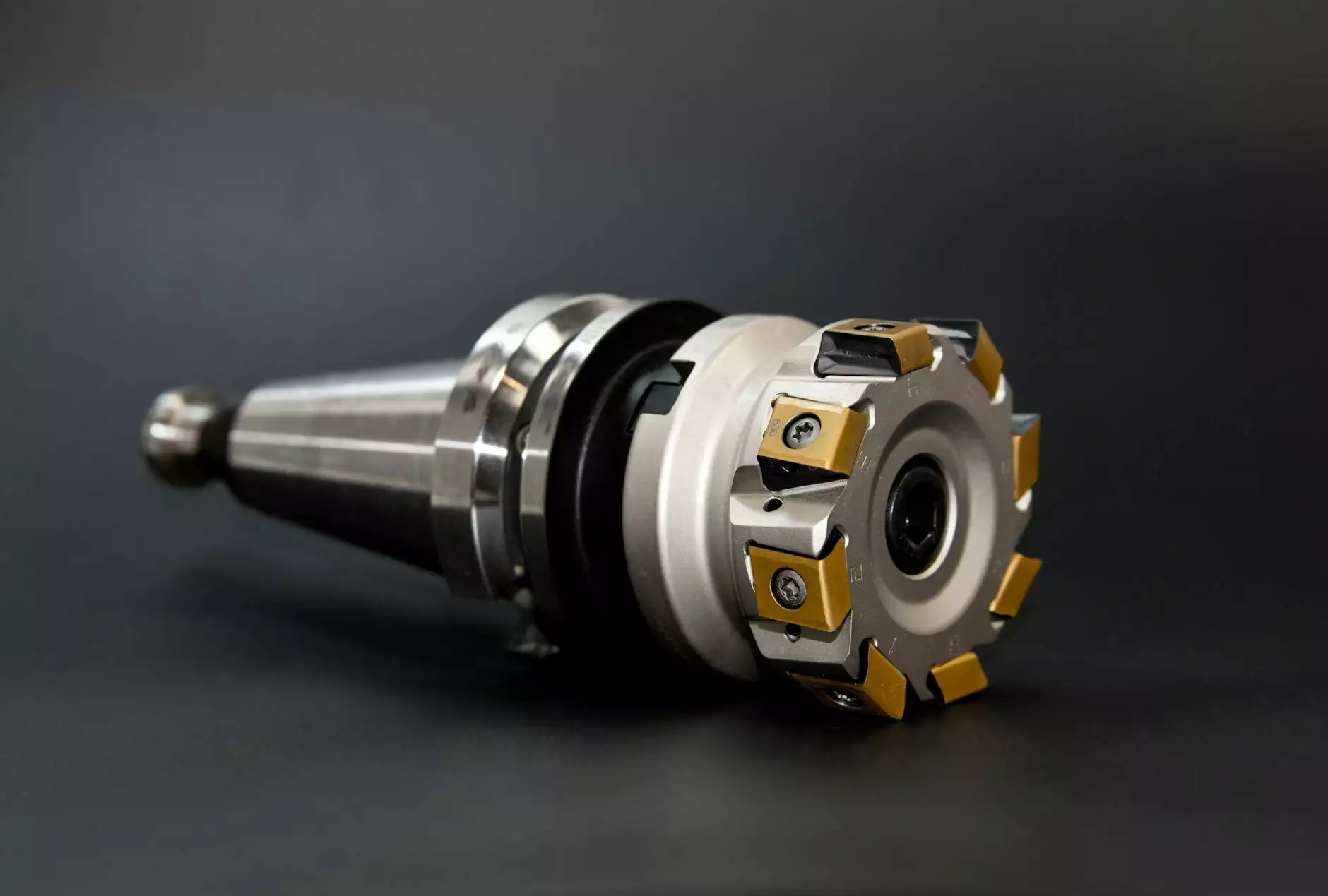Precision CNC Engineering: Transforming Manufacturing Excellence

In today’s competitive landscape, precision CNC engineering has emerged as a game-changer in manufacturing. At Sumiparts, we understand the critical role that precision plays in delivering high-quality products that meet our client’s expectations. This article delves into the intricacies of precision CNC engineering and its impact on various machining categories, including machining, laser cutting, welding, plastic injection, and vulcanization.
The Fundamentals of Precision CNC Engineering
Computer Numerical Control (CNC) engineering is the process of controlling machine tools with computer software to execute precise movements. The term "precision CNC engineering" emphasizes the accuracy and reliability inherent in this technology. It allows for the production of intricate components that would be impossible to achieve through manual machining.
What is CNC?
CNC stands for Computer Numerical Control, which effectively automates *machine tools* by using numerical control programs. These programs define the geometrical forms and operational sequences, enabling machines to fabricate complex shapes from various materials.
Advantages of Precision CNC Engineering
- High Accuracy: The precision involved minimizes errors, resulting in consistent quality.
- Scalability: CNC engineering allows for easy scaling of production without compromising quality.
- Efficient Production: Automation leads to faster turnaround times and reduced labor costs.
- Versatility: CNC machines can work with a wide range of materials, from metals to plastics.
Categories of Precision CNC Engineering at Sumiparts
1. Machining
Machining is one of the fundamental aspects of precision CNC engineering. It involves removing material from a workpiece to achieve the desired dimensions and surface finish. At Sumiparts, our CNC machining services utilize high-speed milling and turning processes to create highly detailed components for a multitude of industries.
Our state-of-the-art CNC machines are capable of producing parts with tolerances as tight as ±0.001 inches, which is essential for industries such as aerospace, medical devices, and automotive manufacturing.
2. Laser Cutting
Laser cutting technology is another significant category within precision CNC engineering. This technique focuses a high-powered laser beam on the desired material, allowing for incredibly precise cuts. Any shape can be achieved by programming the CNC system accordingly.
Benefits include:
- Minimal Material Waste: The precision of laser cutting reduces waste significantly.
- Ability to Cut Complex Shapes: Intricate designs that are difficult to achieve with traditional methods can be easily accomplished.
- Versatility: Laser cutting can be applied to materials such as metals, plastics, and wood.
3. Welding
Precision CNC engineering extends to welding, where automated processes ensure structural integrity and quality control. Robotic welding systems are programmed to execute precise welding paths, significantly increasing productivity while reducing the likelihood of human error.
Our laser and TIG welding processes are optimized for a variety of applications, ensuring robust connections for components subjected to stress, such as in construction and manufacturing sectors.
4. Plastic Injection Molding
Plastic injection molding is an integral part of our precision CNC engineering services. This process involves injecting molten plastic into specially designed molds, allowing for the efficient production of complex plastic parts that can be duplicated with exceptional accuracy.
Properties such as:
- High Production Rates: Molds can produce thousands of identical parts quickly.
- Cost-Effectiveness: Suitable for large-scale manufacturing environments, reducing unit costs significantly.
- Custom Design Capabilities: Molds can be tailored to fit specific design requirements easily.
5. Vulcanization
In the realm of precision engineering, vulcanization plays a crucial role, particularly with rubber and elastomer materials. This chemical process improves the hardness and durability of the material, making it suitable for a variety of industrial applications. At Sumiparts, our precision CNC engineering methodologies ensure that the vulcanization process maintains tight tolerances and consistent quality in the end product.
Importance of Quality Control in Precision CNC Engineering
Implementing rigorous quality control measures is pivotal in precision CNC engineering. At Sumiparts, we adhere to international standards that ensure our products not only meet but often exceed client expectations. Every component is frequently inspected through advanced methods such as Coordinate Measuring Machines (CMM) and laser scanning technology.
Quality Control Processes
Our quality control processes include:
- In-Process Inspection: Continuous monitoring during production to identify any deviations from specifications.
- Final Inspection: Comprehensive assessment of finished products before shipment.
- Documentation: Every process is documented to track quality and ensure compliance with industry standards.
Conclusion
In summary, precision CNC engineering stands as a pillar of modern manufacturing excellence. At Sumiparts, we are committed to leveraging this advanced technology across various machining categories including machining, laser cutting, welding, plastic injection, and vulcanization. With our dedication to quality and innovation, we are not just meeting industry standards but redefining them.
As industries evolve, so does our commitment to providing state-of-the-art engineering solutions that empower businesses to achieve their manufacturing goals. Explore our services and see how we can be a vital partner in your journey towards operational excellence.
© 2023 Sumiparts. All rights reserved.









